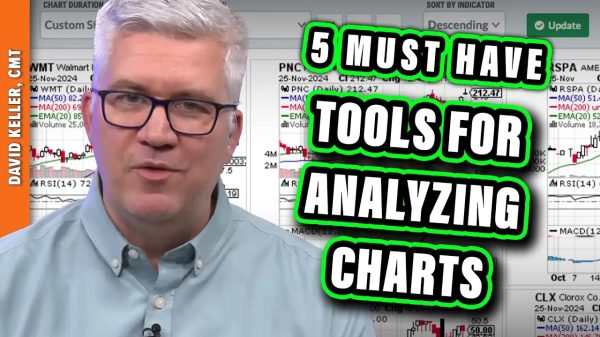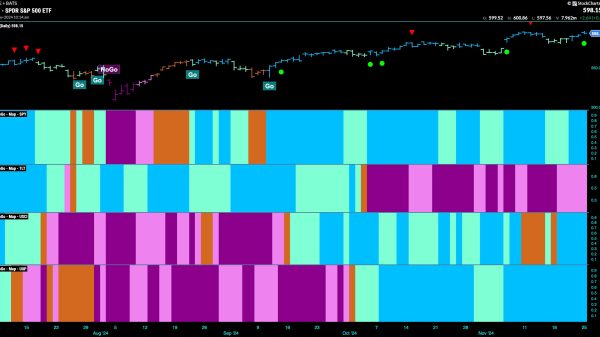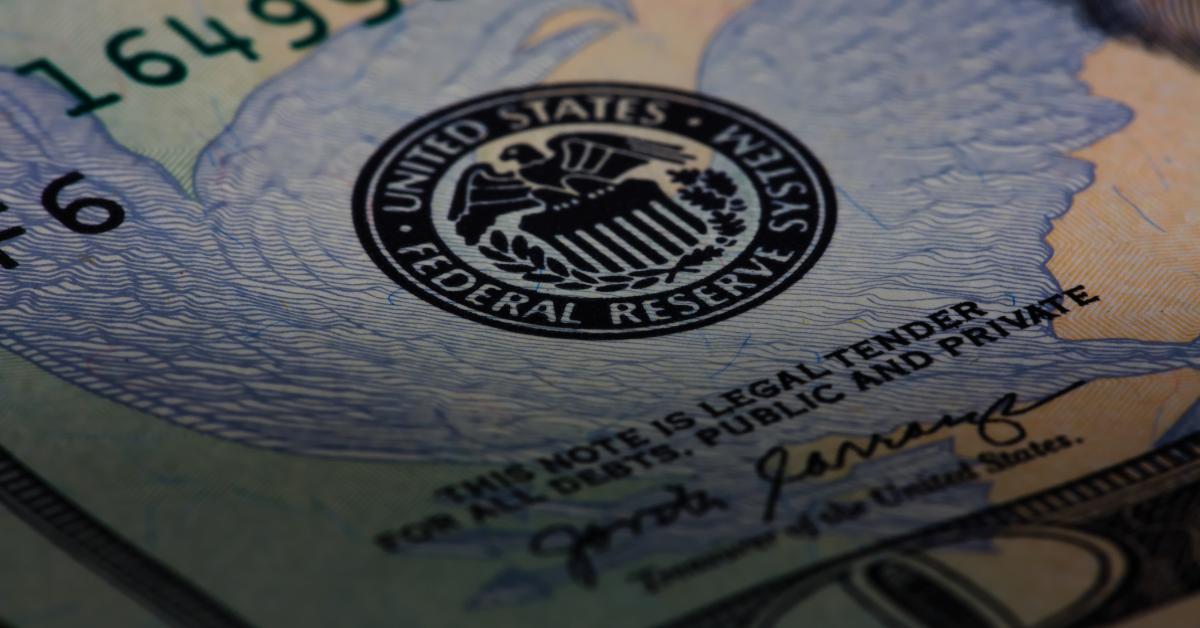Prices will always increase, some small banks will fail, and the Fed was asleep at the switch when the run on Silicon Valley Bank occurred. Fed chair Jerome Powell admitted those three things in response to Scott Pelley’s questions on 60 Minutes.
“But the overall price level doesn’t come down. It will fluctuate. And some . . . goods and services will go up, others will go down. But overall, in aggregate, the price level doesn’t tend to go down except in fairly extreme circumstances,” Powell said.
Of course, what Powell is referring to doesn’t exist. Murray Rothbard wrote,
There is no such thing as a single, scientific index of the movement of general prices. All such indexes are strictly arbitrary, and there are a huge number of possible indexes, all of which create insuperable economic distortions. . . . Every individual and group in the country experiences different cost-of-living “indexes.”
Pelley wondered about real estate and the nation’s banks. “The value of commercial office buildings all across the country is dropping as people work from home. Those buildings support the balance sheets of banks all across the country. What is the likelihood of another real estate–led banking crisis?”
Chairman Powell answered, “I don’t think that’s likely. So, what’s happening is, as you point out, we have work-from-home, and you have weakness in office real estate, and also retail, downtown retail. You have some of that. And there will be losses in that.” The sharp increase in interest rates was not mentioned.
The banks the Fed really cares about—big banks—will be okay, according to Powell. “We looked at the larger banks’ balance sheets, and it appears to be a manageable problem. There’s some smaller and regional banks that have concentrated exposures in these areas that are challenged.”
Later, Powell said, “There will be some banks that have to be closed or merged out of, out of existence because of this. That’ll be smaller banks, I suspect, for the most part.”
But government spokesmen, including Fed chairs, historically have been wrong.
Back in 2004 the Federal Deposit Insurance Corporation issued a report about concerns in the housing market, stating, “It is unlikely that home prices are poised to plunge nationwide, even when mortgage rates rise. Housing markets by nature are local, and significant price declines historically have been observed only in markets experiencing serious economic distress.”
When Pelley asked whether another 2008 crash was on the way, Powell answered, “I don’t think there’s much risk of a repeat of 2008.”
In 2005, Fed chair Ben Bernanke was asked about whether home prices were overextended. “Well, I guess I don’t buy your premise. It’s a pretty unlikely possibility. We’ve never had a decline in house prices on a nationwide basis,” he answered self-assuredly.
Pelley asked the Chairman if the Fed missed the Silicon Valley Bank failure. Powell admitted that the Fed’s regulatory arm indeed missed what was happening but continued the central bank’s company line that it was an isolated event and talked like Silicon Valley Bank was a small bank, despite the failure being the second largest in US history.
He said bank supervision must take into account that “a bank run can happen so much faster than it could have even 20 years ago.” Good luck.
All in all, Powell told Pelley and a national audience the economy is in a “good place” and any problems are manageable.
To that sort of hubris, Friedrich Hayek said, “It seems to me that this failure of the economists to guide policy more successfully is closely connected with their propensity to imitate as closely as possible the procedures of the brilliantly successful physical sciences—an attempt which in our field may lead to outright error.”
Hayek was giving central bankers too much credit, using the word “may.” Powell’s happy talk and policies, like those of his predecessors, will lead to outright error.
























